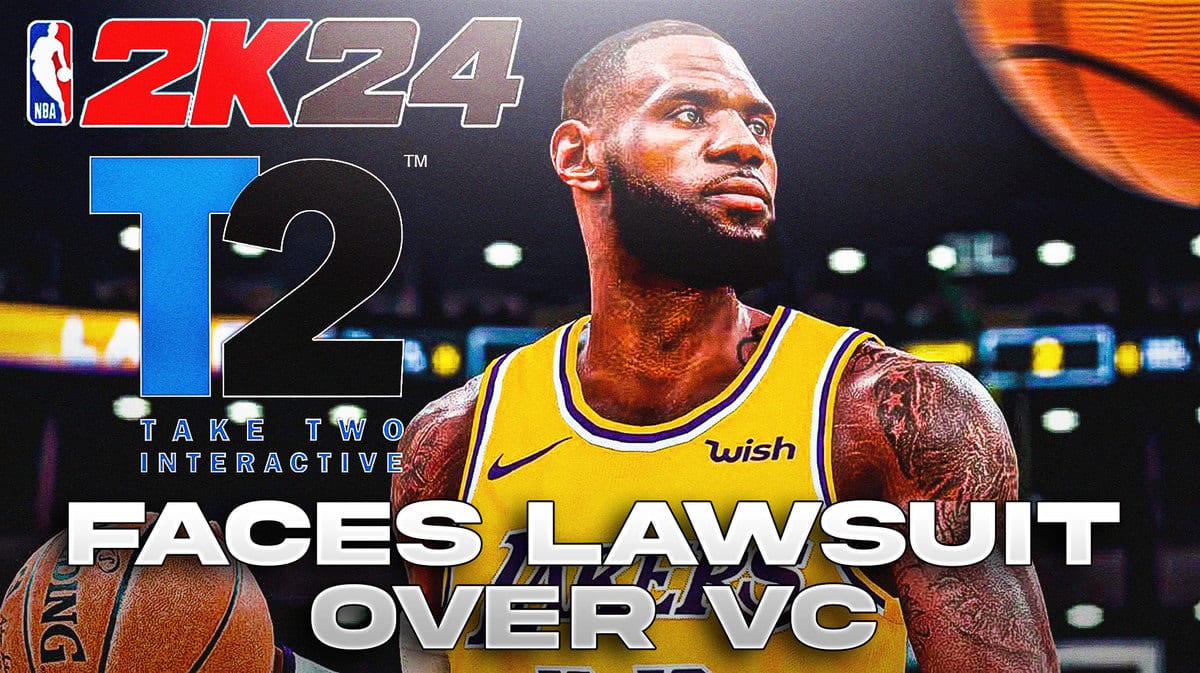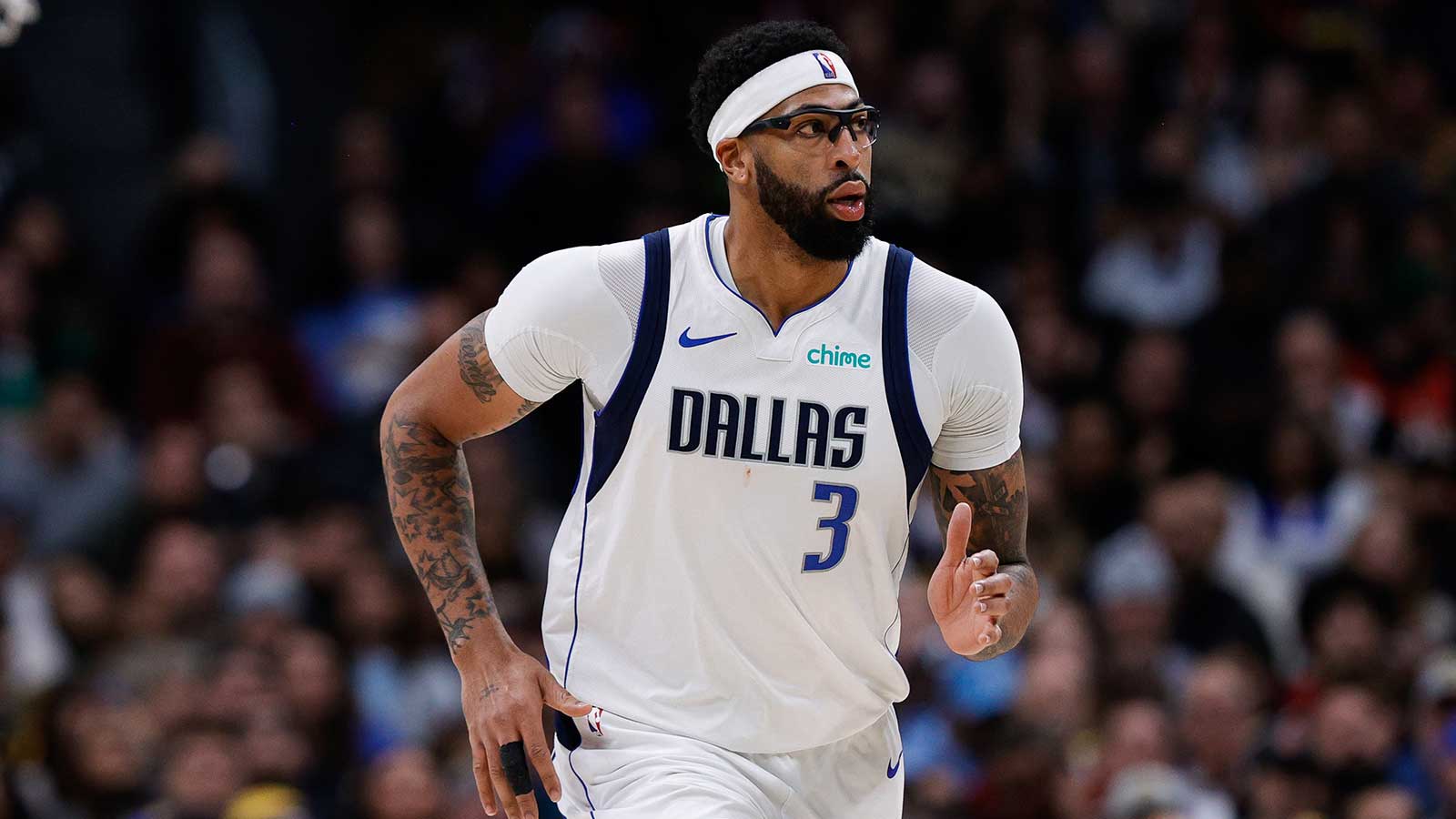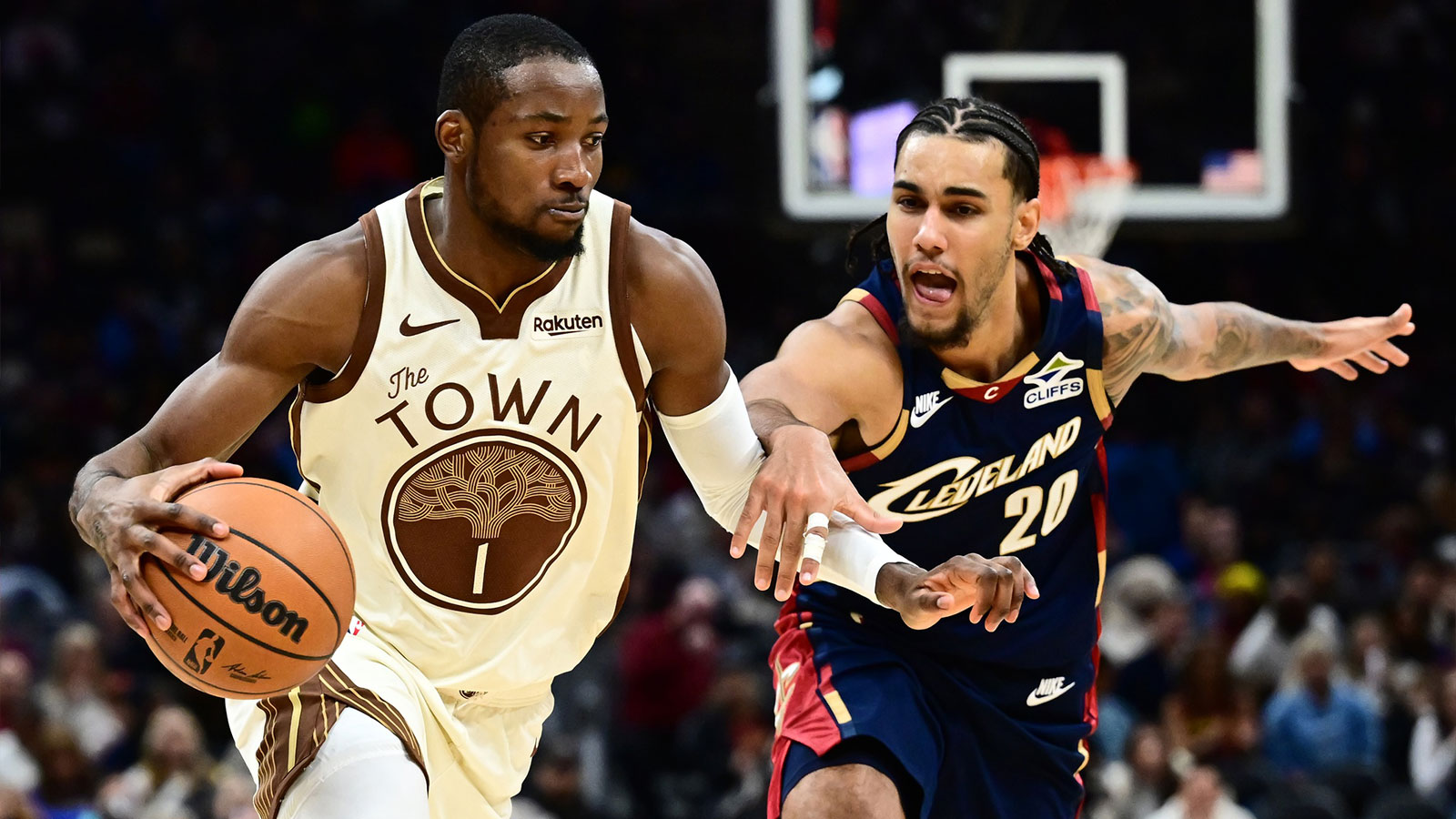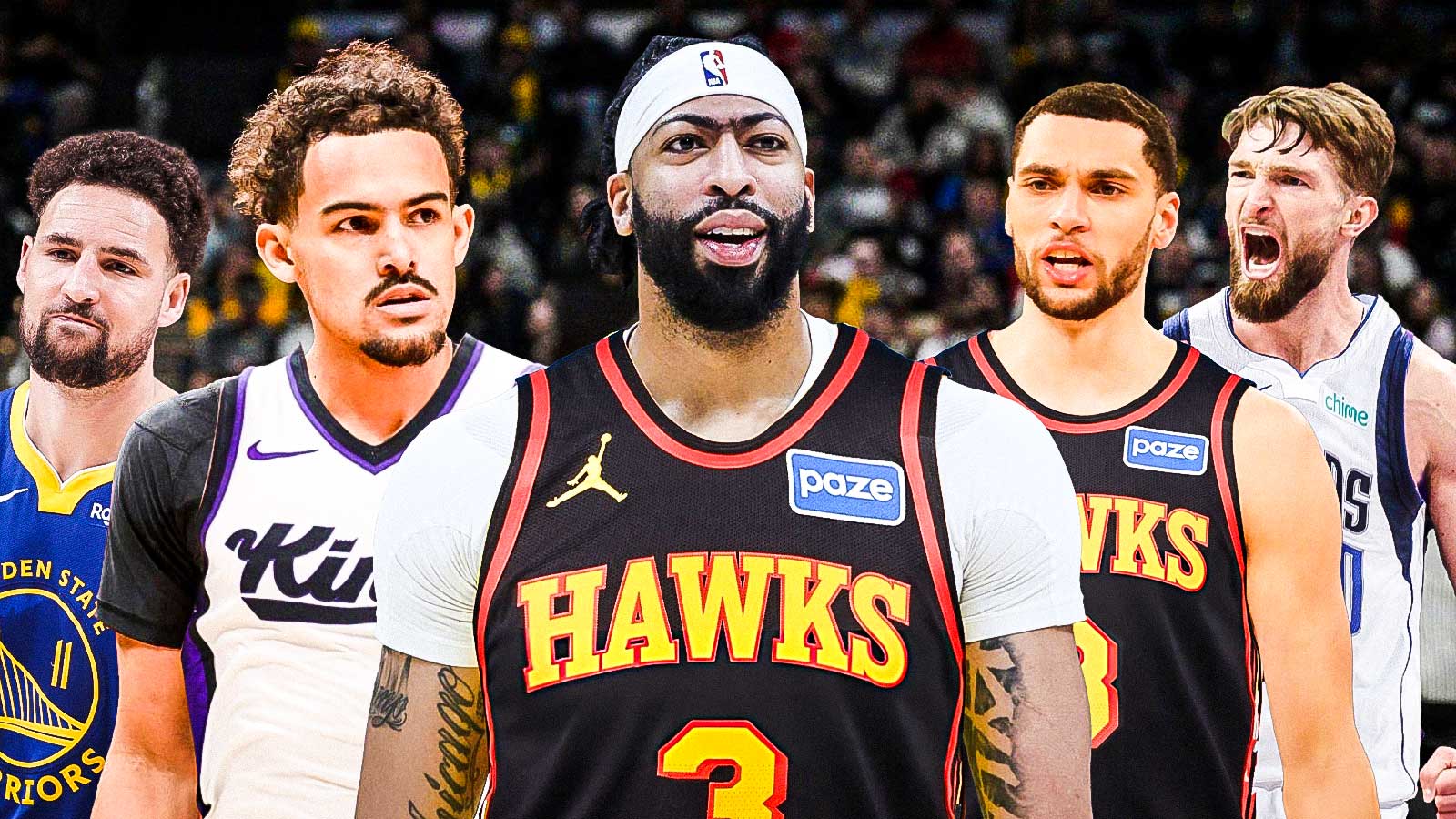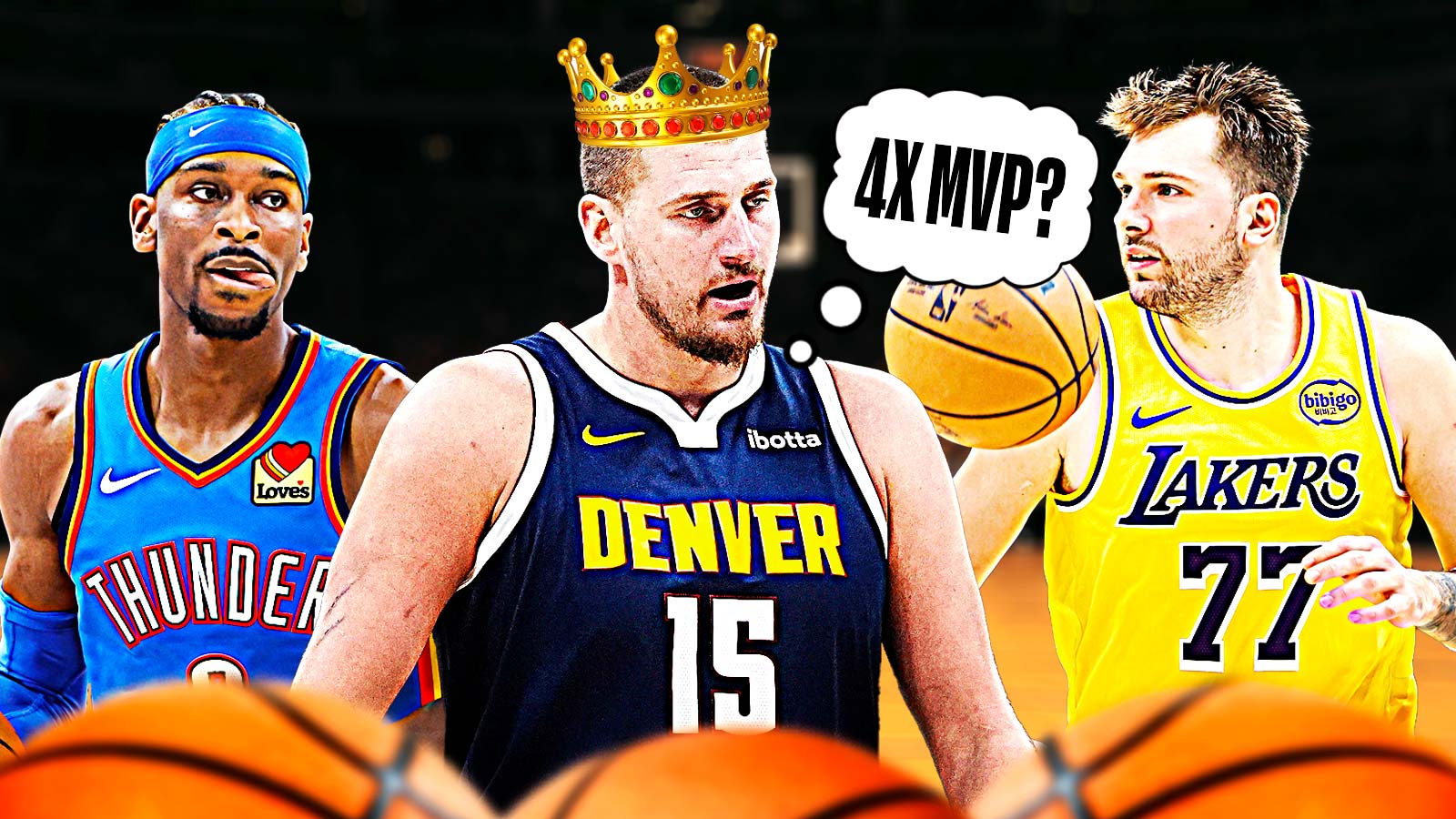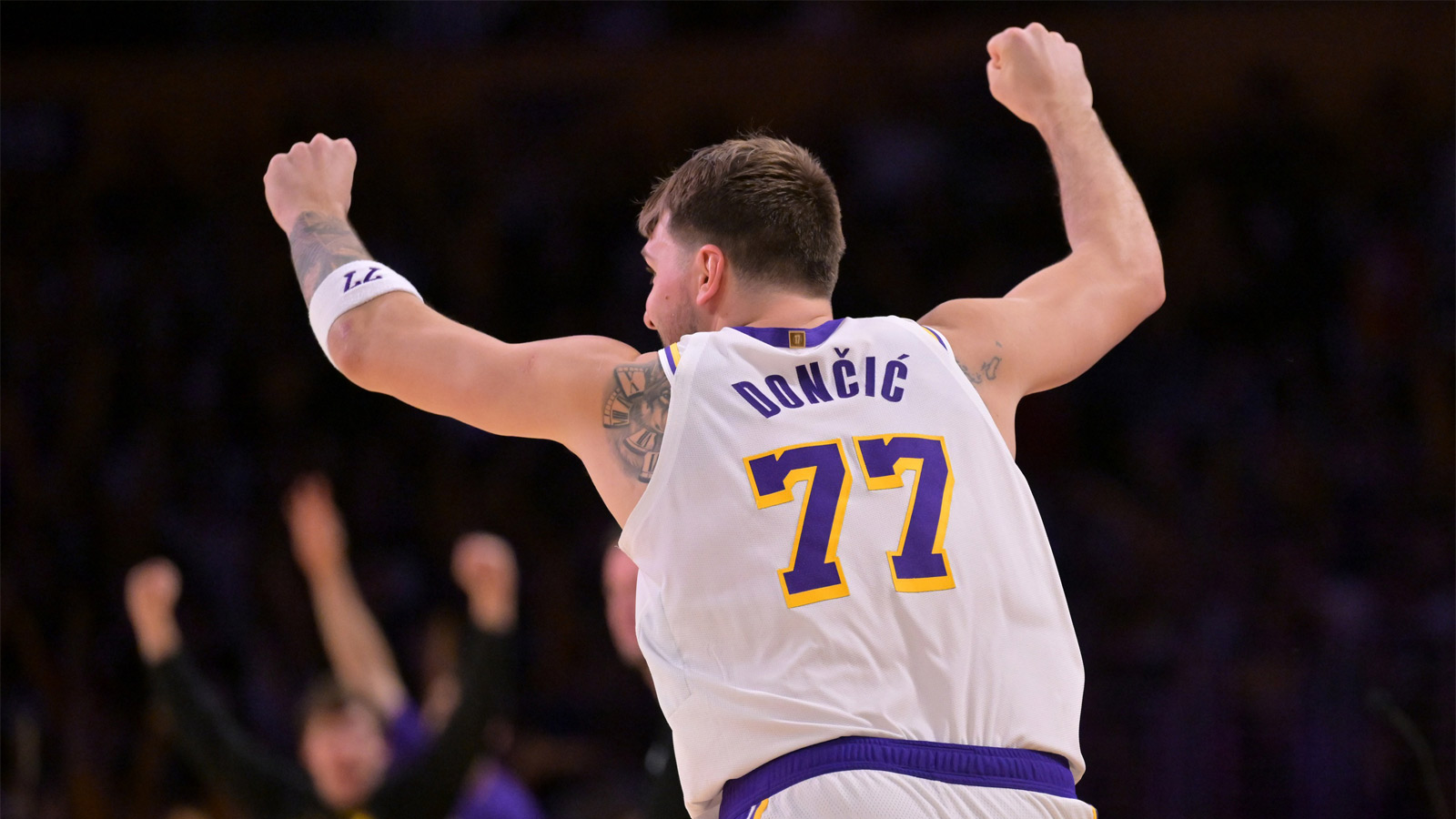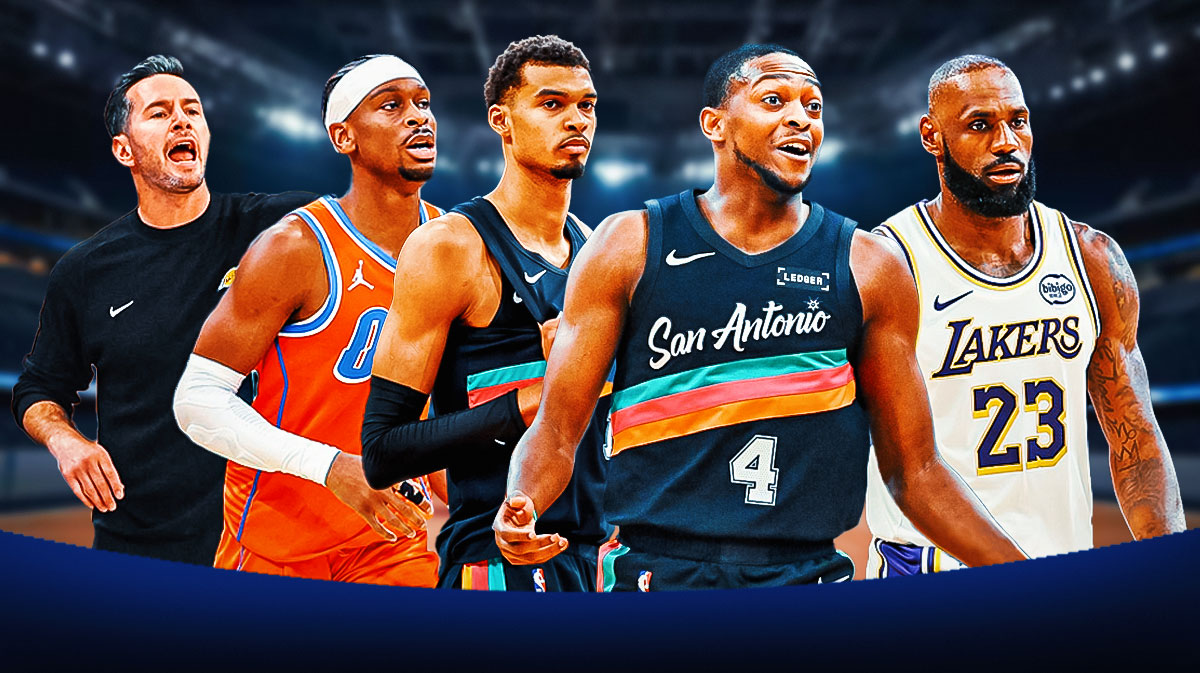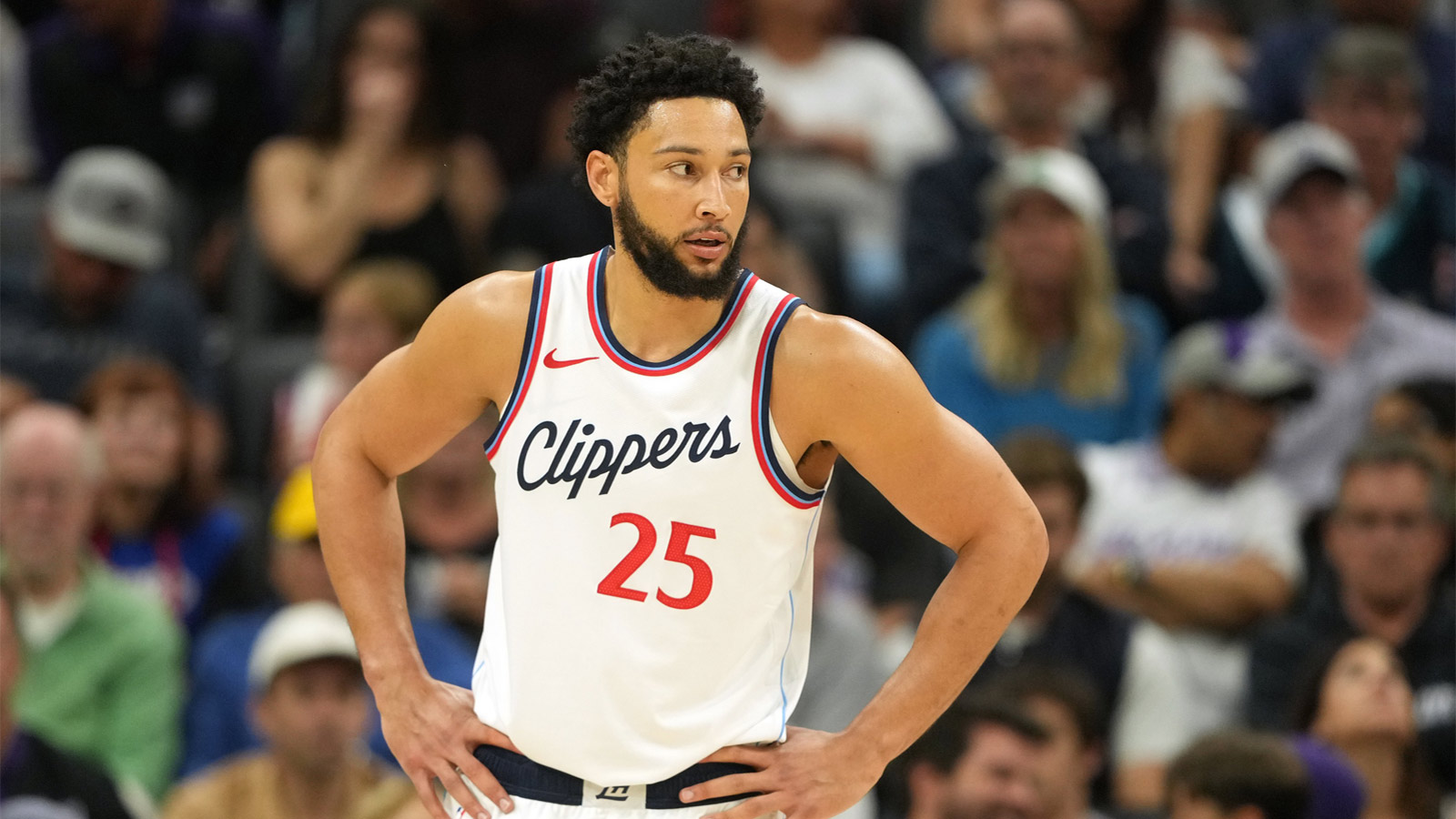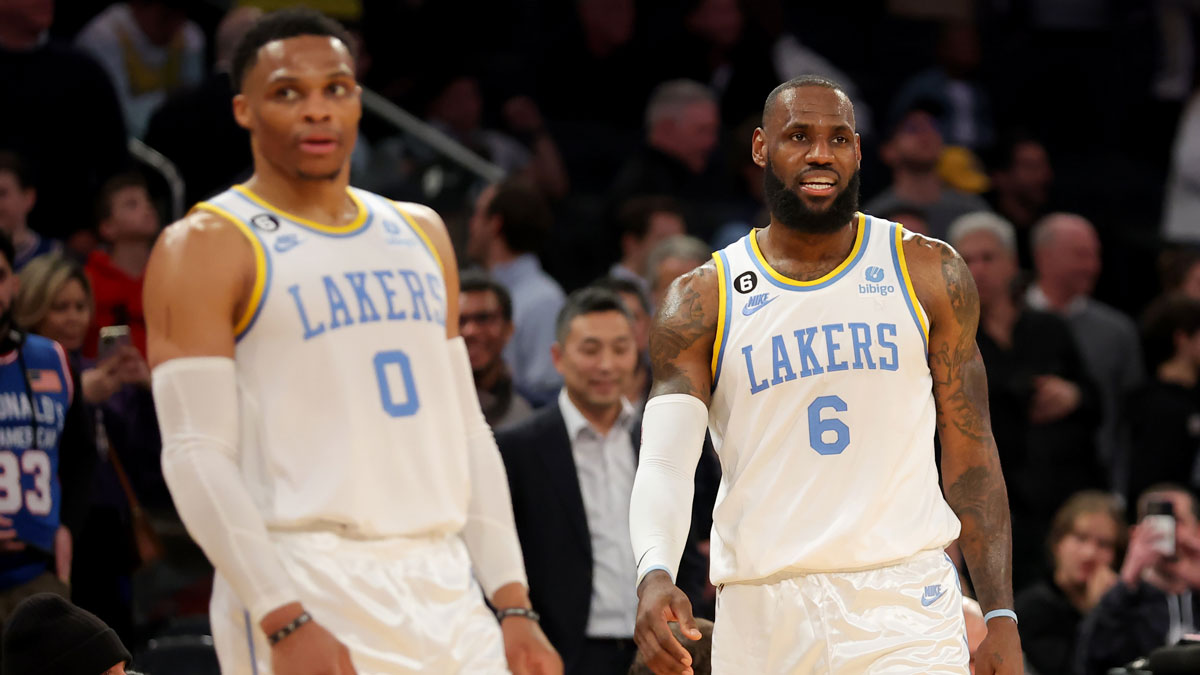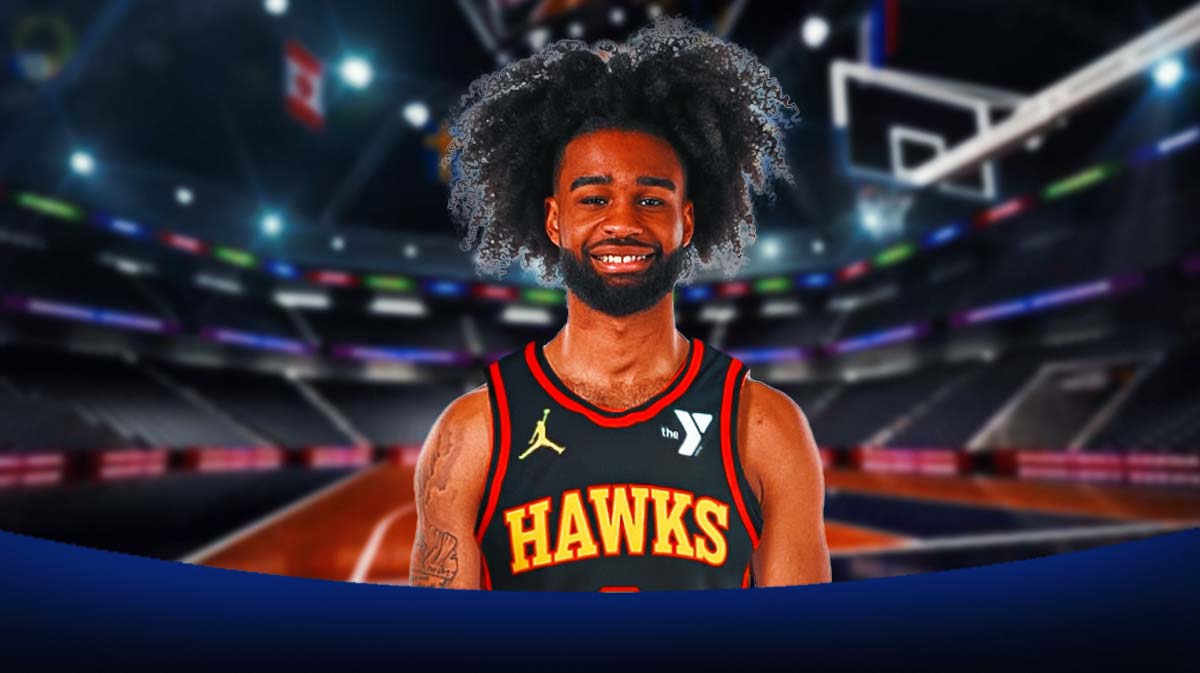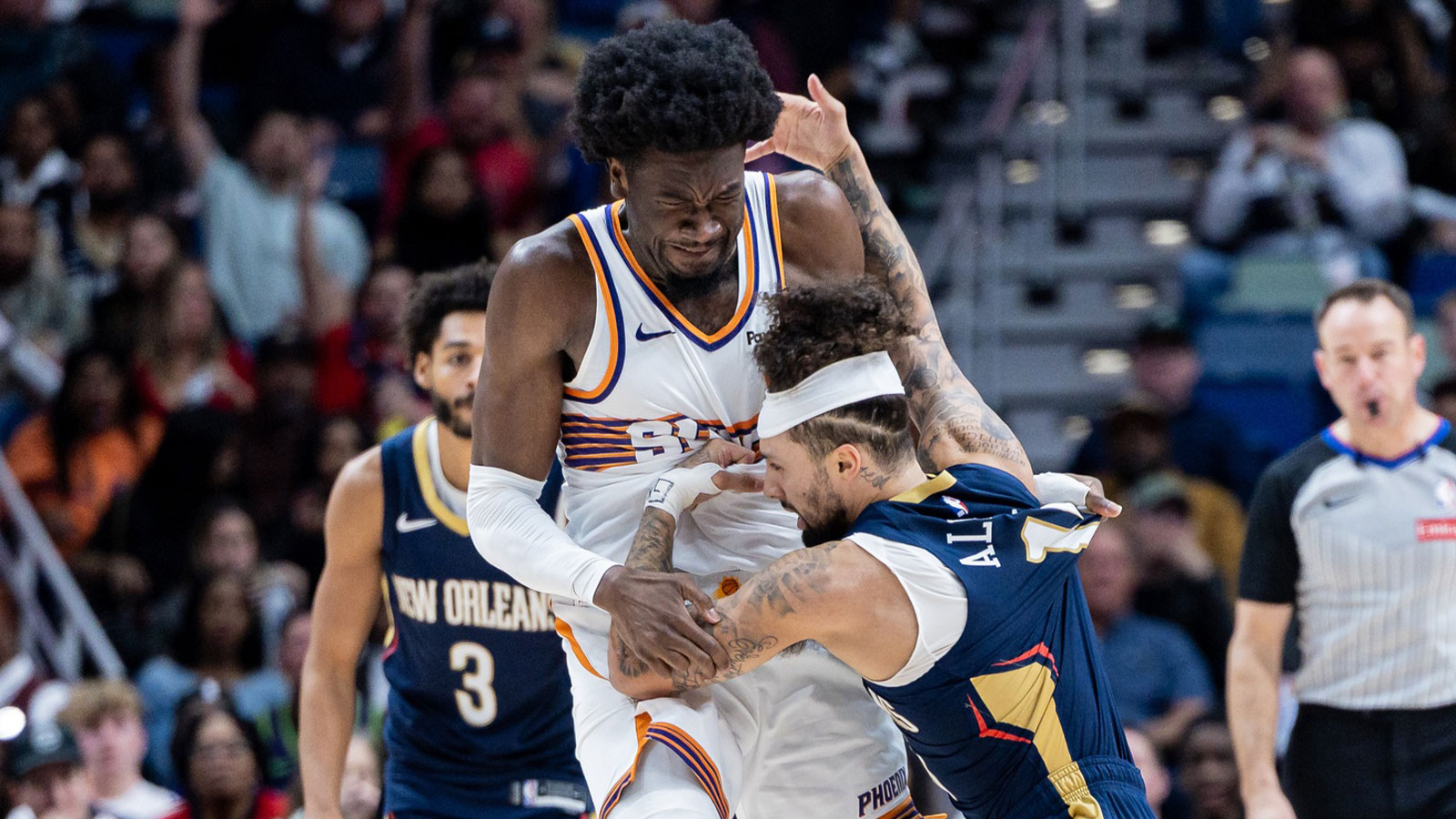The gaming industry is currently witnessing a significant legal confrontation involving Take-Two Interactive, the publisher of the popular NBA 2K series. At the heart of this legal dispute is a class-action lawsuit initiated by an avid player of NBA 2K. This lawsuit brings to the forefront the much-debated issue of microtransactions in video games, a subject that has become increasingly contentious with the rise of online and live-service gaming.
In-Depth Look at NBA 2K’s Microtransactions
In the world of modern sports video games, microtransactions have become a common feature, and NBA 2K is no exception. The game allows players to use Virtual Currency (VC) to upgrade their characters in MyCareer mode and to build competitive teams in MyTeam mode. However, the lawsuit challenges these microtransactions as predatory, focusing on the way they are implemented in the game.
The plaintiff, a minor from California represented by their mother, accuses Take-Two of engaging in practices that are “unfair, illegal, and greedy.” A critical aspect of the lawsuit is the challenge against the virtual currency system. The inability to transfer in-game items and currency from one version of the game to the next, coupled with the deactivation of servers for older games, leading to the loss of unused virtual currency, is labeled as “theft.”
Previous Legal Challenges for Take-Two
This isn’t Take-Two’s first legal rodeo concerning NBA 2K’s microtransactions. A similar lawsuit filed last year, which centered around the pricing of the games and virtual currency, was settled out of court. The details of the settlement were not disclosed, but the case reflected growing unease among players regarding in-game purchase practices.
Adding to Take-Two’s challenges, NBA 2K24, the latest installment in the series, has faced significant technical issues and a lackluster reception from fans. Criticized for being too similar to its predecessors, NBA 2K24 has been unfavorably compared to other games, even earning a lower rating than Overwatch 2 on Steam. This has compounded the scrutiny on Take-Two’s overall approach to game development and marketing.
Broader Implications of the Lawsuit
The lawsuit against Take-Two is more than just a legal battle over a video game; it has broader implications for the gaming industry. It reflects the growing dissatisfaction among players with microtransaction systems, often seen as undermining the gaming experience and unbalancing gameplay. The outcome of this lawsuit could influence future practices in the industry, particularly regarding how virtual goods and currencies are managed.
This case also signifies the evolving legal complexities in the gaming world. As games become more advanced and ingrained in daily life, the legal system is increasingly called upon to address issues unique to the digital realm. This includes how virtual transactions and digital property rights are handled in a legal context.
The involvement of a minor as the plaintiff in this lawsuit raises important questions about the impact of microtransactions on younger audiences. The susceptibility of younger players to in-game spending and the need for protective measures against potentially exploitative practices are crucial considerations that this lawsuit brings into focus.
Looking Ahead
As Take-Two navigates these legal and gameplay challenges, the gaming community and industry stakeholders are watching closely. The resolution of this lawsuit could set a precedent, not just for Take-Two but for the entire gaming industry, influencing how microtransactions are incorporated into games and how they balance profitability with ethical considerations and player satisfaction.
The lawsuit facing Take-Two over NBA 2K's microtransactions is a pivotal event in the gaming industry. It underscores the need for a balanced approach to in-game economies, emphasizing player experience and ethical practices alongside profitability. The outcome of this legal battle is awaited with keen interest, as it has the potential to reshape the future of microtransactions in gaming.

